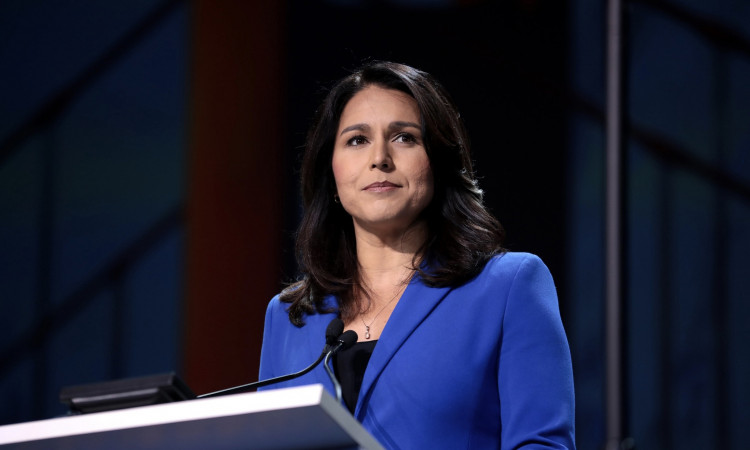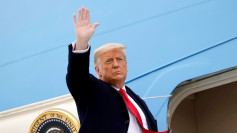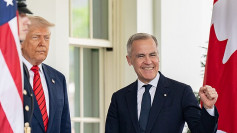Lawmakers across party lines are questioning Tulsi Gabbard, named by Trump for director of national intelligence, over her evolving views on Section 702. She once condemned the program and called recent reforms harmful, but now claims those same measures safeguard civil liberties while bolstering national security.
The confirmation process for Tulsi Gabbard, a former congresswoman from Hawaii, to serve as national intelligence director under President-elect Donald Trump is quite challenging.
Concerned senators from both parties point to her long history of opposing Section 702, which grants the intelligence community the authority to collect and monitor electronic communications in order to intercept potential threats to national security.
Reporters pressed Gabbard on the subject last week, and she said that reform legislation passed to protect Americans' civil liberties has made her more receptive to Section 702.
Gabbard is notorious for spreading conspiracy theories in support of anti-Western regimes, as reported by CNN.
Section 702, she said, is unique among FISA authorities and essential for acquiring foreign information on foreign nationals who are not U.S. citizens. Protecting our nation and the civil liberties of its citizens requires preserving this one-of-a-kind capability, which cannot be replaced.
"My prior concerns about FISA were based on insufficient protections for civil liberties, particularly regarding the FBI's misuse of warrantless search powers on American citizens. Significant FISA reforms have been enacted since my time in Congress to address these issues. If confirmed as DNI, I will uphold Americans' Fourth Amendment rights while maintaining vital national security tools like Section 702 to ensure the safety and freedom of the American people."
According to political analyst Krystal Ball's post on X, the situation is a bit more nuanced than that. This is because, as it turns out, Tulsi Gabbard stated her opposition to Section 702 and the fact that the reforms she claims made it acceptable actually made it worse during an interview on The Joe Rogan Experience, which was just a few months before Trump nominated her to be America's spymaster.
In this interview, Gabbard said that the bill that would reinstate or prolong the FISA jurisdiction for another two years was bundled with the one that would ban TikTok, The Raw Story reports.
She went on to say that the government can spy on foreign actors under Section 702 of FISA in an effort to find potential terrorist threats. But that includes the capability to record every discussion-if you have a conversation with someone in another nation that piques its attention, it may access your records as an American citizen and record whatever you say, all without a warrant.
"This has been in place for quite some time, but this legislation that was just passed recently expanded those authorities, so they can go and actually look at, like, your Wi-Fi history. If you're connected to Wi-Fi, they can look at everything that you did connected to that Wi-Fi signal. It took an already bad problem and made it many, many times worse," Gabbard went on to say.






